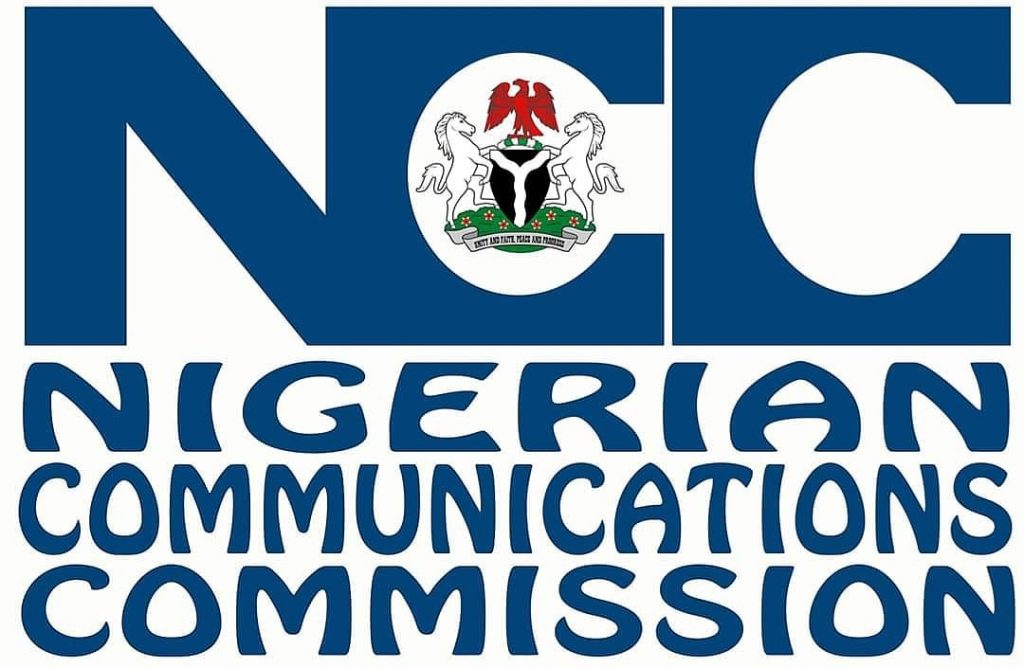The Nigerian Communications Commission (NCC) has stopped telecommunications operators in the country from implementing the proposed end-user billings for the use of Unstructured Supplementary Service Data (USSD).
This came as the telecoms regulator revised its policy on price determination for the service with a clause prohibiting the telcos from charging their customers.
NCC said the amendment was necessitated by the protracted dispute between Mobile Network Operators (MNOs) and financial institutions on the applicable charges for USSD services and the method of billing.
USSD, sometimes referred to as “Quick Codes”, is a communications protocol used by GSM cellular telephones to communicate with the mobile network operator’s computers.
Recall that the telcos had, late last year, announced the implementation of end-user billing, which means that banks’ customers who use the USSD for transactions would be paying charges to their banks and the telecom operators as well.
The outrage from Nigerians over the announcement had sparked mudslinging between the telcos and the banks, but the implementation was later suspended.
In the amended ‘Determination of USSD Pricing’, which took effect from August 1, 2020, NCC stated: “MNOs must not charge the consumers directly for the use of USSD channel for financial services in the form of end-user-billing. The transaction should be between the MNOs and the entity to which the service is provided.
“All billings by MNOs for financial service using USSD code assigned to Financial Service Providers must, thereby, be implemented via the Corporate Billing model.”
NCC said the amendment also came on the heels of a recent directive by the Minister of Communications and Digital Economy, Dr. Isa Ali Pantami, regarding a review of the USSD pricing by all parties involved, following a presentation made by the commission on the billing structure, determination of USSD pricing, current status and the way forward.
Speaking during the presentation, the minister had stated that he took the decision to suspend the commencement of end-user billing (where the consumers are charged directly from their airtime balance for use of USSD channels as opposed to corporate billing where the banks paid the MNOs for the use of USSD service) because he was “genuinely besieged with a barrage of complaints at the attempted commencement of end-user billing by service providers.”
The minister also clarified that “USSD is a service to banks and not to the telecom consumers, and as such, banks should see themselves as corporate customers of telecom operators with a duty to pay for using the telecom network and infrastructure, including USSD channels extended to them for service delivery to their customers.”
According to him, “MNOs have no direct relationship to bank customers, and cannot, therefore, charge directly for the usage of USSD channel.”
The USSD channel has evolved over time from a telco-exclusive channel used for only telco services such as balance inquiry and recharges to a channel for the deployment of a broad spectrum of services, including financial, insurance, agricultural, government services and more.
The use of the USSD channel has become a critical resource in the economy even more so in this era of the COVID-19 pandemic that has witnessed a rise in reliance on digital services.
The Executive Vice Chairman of the NCC, Prof. Umar Garba Danbatta, noted that the commission had, in the interest of the consumers and other stakeholders, revised the determination previously issued by removing the Price Floor and the Cap to allow the MNOs and the banks negotiate rates that will be mutually beneficial to all parties concerned.
NAN
